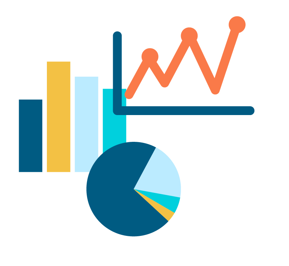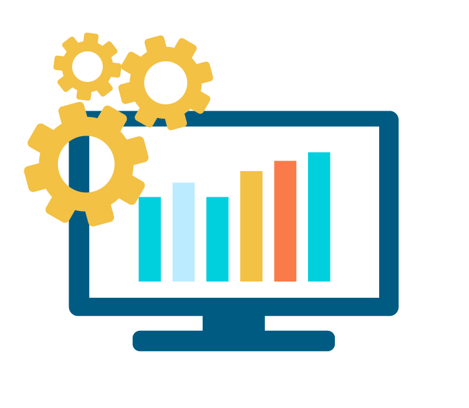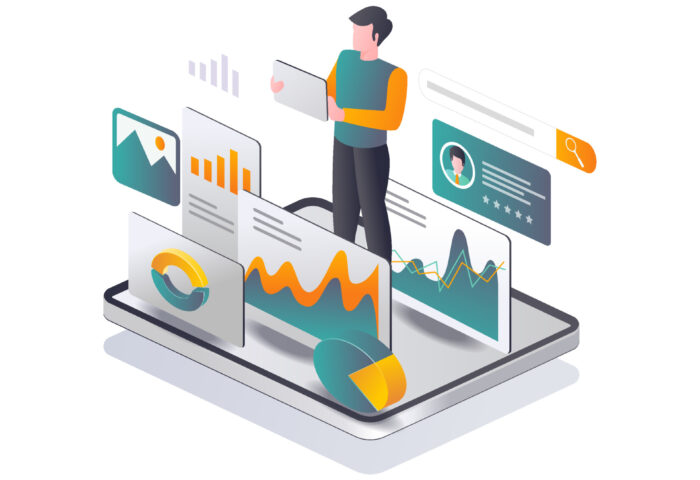Harnessing the skills of economists in AI and Machine Learning
Why have economists become surprisingly popular over the past five to ten years in the tech space? Neil Rankin, CEO of Predictive Insights, sheds some light on this topic and shares some key insights.
Neil is a trained economist with a DPhil (PhD) in Economics from Oxford University. Neil has spent 22 years in various economics departments, teaching and doing research in the area of applied microeconomics; most recently as an Associate Professor at Stellenbosch University before founding Predictive Insights.
He makes the case that machine learning is one of the spaces where economists can add immense value. “So there’s a lot that economists can learn from machine learning; that’s not going to be the focus of my talk, but I don’t want to give the impression that this is just a one-way street.” Neil goes on to say, “I think machine learning has had a huge impact on economics over the past five years, and there are three big areas where it’s made a big impact and will continue to do so.”
Get access to the full video
How can economists draw value from machine learning?

Algorithms
The first area is the use of algorithms to make predictions. We’ve seen huge growth and adoption of algorithms like tree-based algorithms for example in economics.

Cross-validation
In the past, economists have been very bad at estimating their regressions or their models on all the data. This then leads to overfitting, and the problems that come with that. Data splitting using cross-validation helps address this issue.

Programming
As an economist, much of the estimation process involves manual navigation through windows and menus. However, with the rise of programming languages such as Python and R, there are now more programmatically accessible solutions available.
What do economists bring to the machine learning table?
Shifting the focus from what economists have learned from machine learning, Neil also explores what machine learning professionals can gain from an economist’s perspective.
- Feature Engineering: With their deep understanding of economic principles and data analysis techniques, economists can effectively identify and extract meaningful features from complex datasets for predictive purposes.
- Causality: By applying rigorous statistical techniques and econometric methodologies, economists can determine the key drivers that influence outcomes. Most business applications of machine learning are actually causal questions, like whether a promotion actually led to higher sales. Experimental methodologies, like A/B tests, are one way of identifying causality, but economists also use a whole set of ‘quasi-experimental’ approaches which can be useful too.
- Economic theory: Economic theory helps identify the key variables, constraints, and trade-offs involved in a situation, guiding the development of machine learning models and algorithms, but also providing a framework for thinking about their appropriateness for the question at hand.

Watch the full video
Watch the full video to hear Neil elaborate on each point and make economic theory come to life.